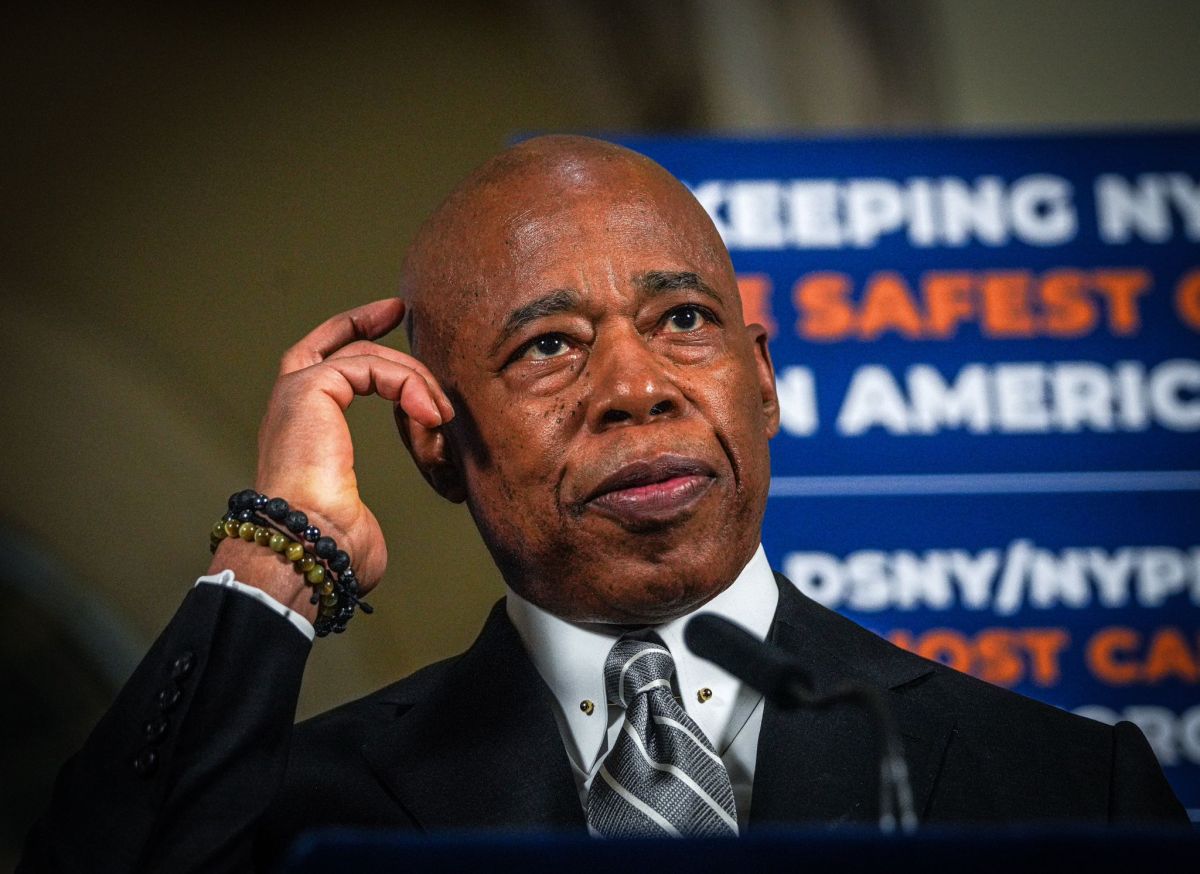Have you ever wondered why some small stores ask you not to use your credit card for low-dollar purchases? It has to do with a huge, hidden credit card fee that costs Americans $48 billion a year — more than annual fees, late fees and over-the-limit fees combined.
Unless you are a retailer, you have probably never heard of it, but it is costing you and us money on everything we buy, whether you use plastic or not. And it is crippling thousands of small city businesses, even as they are already struggling to survive this economy.
This hidden fee is called “interchange” and it is what the big banks charge small businesses like our 7-Eleven franchised stores every time a customer uses plastic to pay. This “transaction fee” costs an average of $2 on every $100 Americans spend.
Transaction fees started out in the 1960s as a way for banks to cover the cost of processing credit card transactions. But even as technology has reduced that cost dramatically, the big banks and credit card companies have raised the transaction fee ever higher, turning it into cash for their bottom lines on the backs of small businesses and our customers. Since 2000 alone, transaction fees have tripled.
For many city businesses, transaction fees are now their single-highest non-labor cost.
With any other cost, a business can negotiate or reduce it. Store owners can conserve on energy usage and seek out the most competitive prices for supplies and services.
Not so with transaction fees. The credit card companies control 80 percent of the marketplace. They set the transaction fees in secret and give businesses, like mine, no option to negotiate and make it impossible for us even to tell our customers about the true cost of using their cards.
That hurts us and our customers. It also provides an incentive to big banks to keep consumers using credit cards, even when some of them cannot afford to. So as Congress and the White House take on other credit card abuses, any fix will be undermined without transaction fee reform.
Americans are paying more on transaction fees than people in any other country in the world. Places like Australia and the European Union have brought transparency and competition into the transaction fee system, and their citizens pay billions less in hidden fees because of it.
In May, Congress and President Barack Obama passed legislation reforming fees that credit card companies charge consumers. Unfortunately, they left the job half-complete. We need Congress to turn its attention to transaction fees credit card companies charge small businesses.
Franchisees of 7-Eleven are doing something about this. Through Aug. 10, they are asking for customers’ support and for them to sign a petition. We want to send a million signatures to Congress, asking our elected officials to help remedy unfair fees for small businesses. Please join this effort by taking a minute to sign our petition next time you visit a 7-Eleven store.
Economic recovery begins on Main Street, but without transaction-fee reform, too many of us — store owners and customers alike — will remain at the mercy of unfair credit card practices.



































